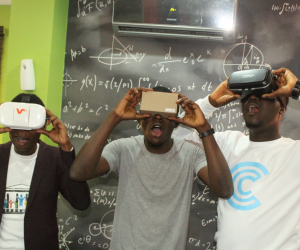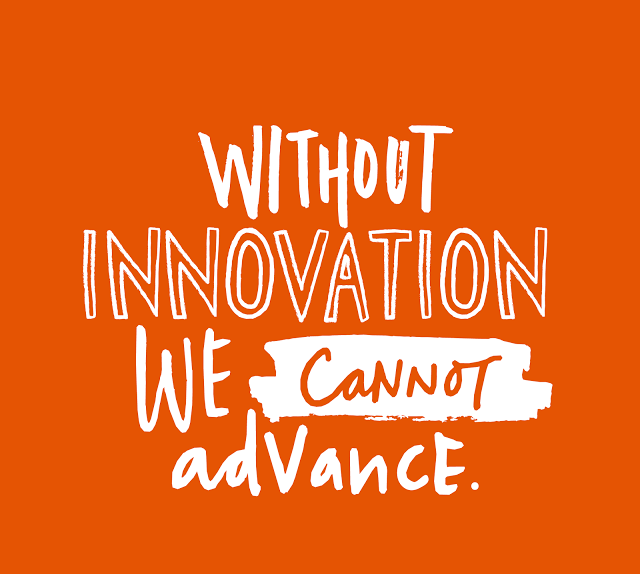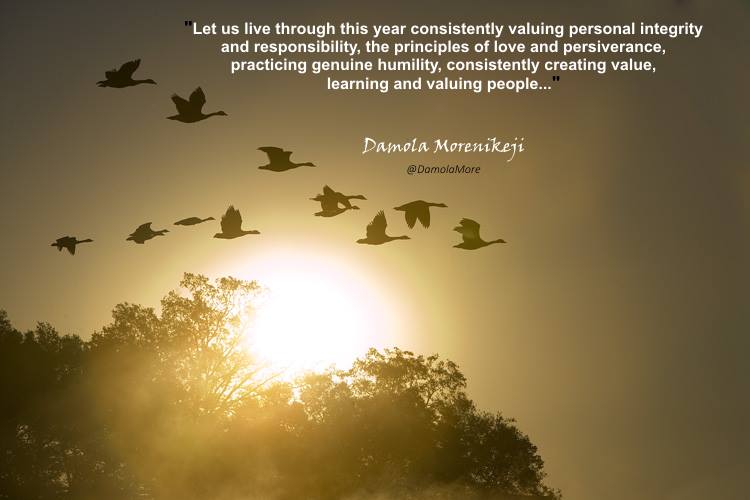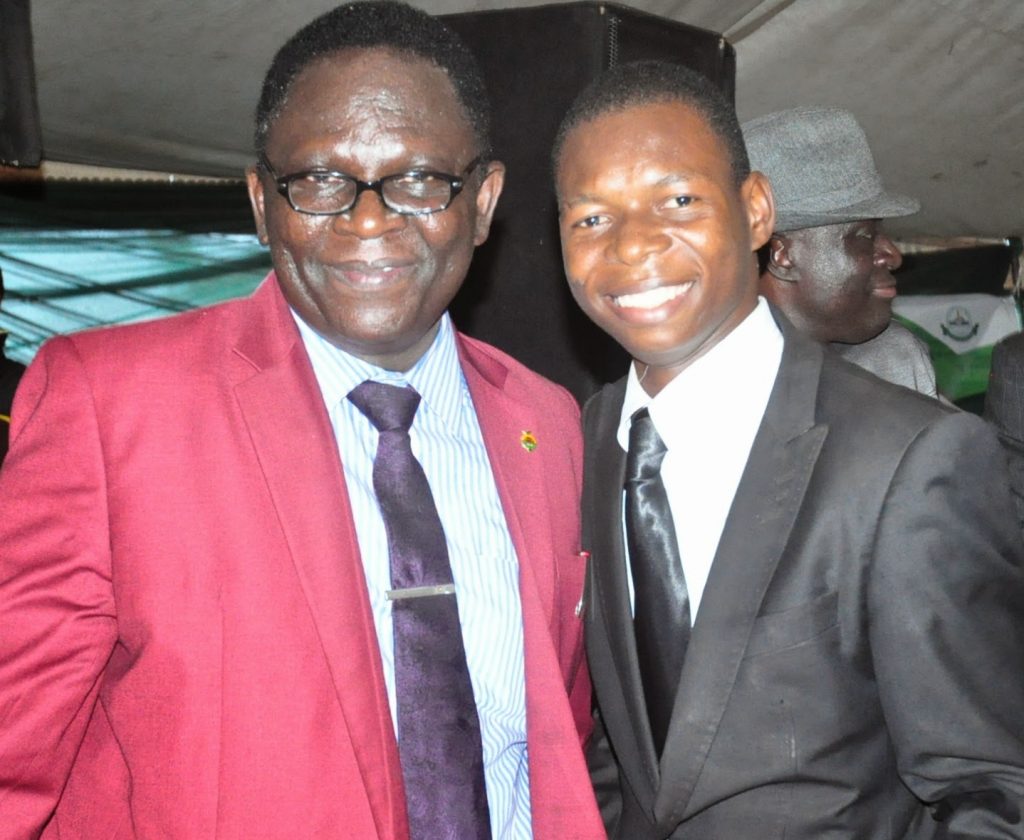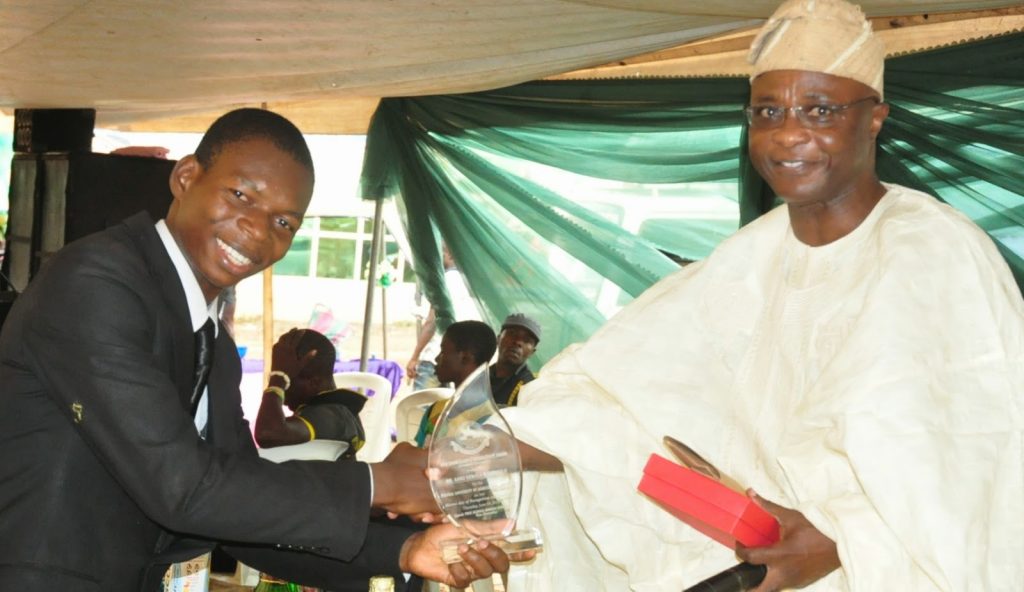Sometimes ago, I was approached to speak with a group of young entrepreneurs during one of their online masterclass sessions. I decided to discuss ‘leadership brand’.
One of the key reasons I accepted to do this is the belief that businesses have a role in influencing change within communities. When individuals are clear about how they want to be remembered, conscious efforts will be made to create real time value for all.
Enjoy excerpts of the conversation below.
___
Good evening,
What a lovely evening this will be. We are going to share knowledge on building your leadership brand, solve some of the challenges you may have in that regard, and answer your questions.
I am Damola Morenikeji.
For several years, I have committed myself to creating value by inspiring excellence in leadership and governance through education and human capital development.
Let’s get started.
Earlier today, I requested you think about your expectations of this session. What are they?
My expectation is how to make use of leadership brand in building a better business that create value, solves problems and promotes happiness.
I need us to reflect on this. On seeing the brand logo, what’s the first feeling of thing that comes to mind?
We can make this interactive.
Let’s think about this?
I have seen people tell me they want to buy gala (while pointing to Bigi or other brands of sausages).
I had seen people tell me to buy ‘another type of Omo’ while referring to other detergents.
What makes these brands different? Why do they stick? Why do they lead?
And what can we do about that?
True! While most of these brands may be long standing and recognized, emerging businesses always have advantages being underdogs in fields operated by giants.
True!
From our conversations, we all agree that people feel comfortable with these brands not just because they’ve existed for long, but because they’ve portrayed their brands as secure, trusted and produce REMARKABLE VALUE!
Whenever we see cows, we don’t get fascinated, because we see them almost everywhere.
But a Purple Cow will always call our attention. So, how do you use this in establishing your leadership, and projecting your brand?
First, Start with an IDEA.
I’ve been told that ideas rule the world. I actually think that ideas that are well thought out, and implemented actually rule the world. Ideas are capital.
One thing I like about ideas is that they are mystical creatures that need a bodily host to function. Fortunately, the human body and mind are valuable incubators. On ideas, Leke is quick to remind you that ideas tend to appeal to two or more people at the same time. Once they take control of you, it colonies you and drives you to sleeplessness until you effectively birth it, nurture it and make it stand.
Diligently, these ideas show gratitude by rewarding you with wealth, fame, and other things that diligence attracts.
Don’t rush out when you have an idea. Meditate on the idea. Develop conviction. Seek help when needed.
Ask yourself critical questions, ranging from the ease of use, who your potential customers are, the positives and negatives associated with your idea, among others.
Think about the packaging of your idea.
More importantly, ask yourself if you will buy your own idea (product or service)?
Will you buy your own product or service?
Once that is set, work on the four pillars of your / the business.
The business model
The business vision
The business mission
And the business values.
All these are critical in personal and business leadership.
So, let’s start with your vision.
Shall we?
Write your VISION
Craft your vision statement [both for yourself and your business].
When you craft a business statement, you unconsciously tell the world that you are serious about what you do and you are going somewhere.
It shows that you are not in this for a short while. Little wonder the ancient prophet, author and adventurer, Habakkuk, was instructed to “Write down the vision. Make it plain. That he may run that reads it”. Vision statements are propellants of achievements. They must be expressed in simple languages. We must set out basic steps to achieve your vision and attach a timetable.
These steps are referred to as the Business Objectives.
Put the timetable where you can see it everyday, and work on it.
While you read this chat, can you think about your business vision?
Can you write it plainly?
Your vision statement answers the question ‘what do you want to become?’.
Your mission statement, however gives a proposition of what you have for your customers.
To excel in life and business, your business must be people-oriented. It has to be customer-focused.
Once those are cast in stone (or on paper – or typed :)), work on your value proposition. Your value proposition explains what you do. It backs up your mission. You can’t channel your accomplishments into a purpose, without a mission.
Let’s get that, from inception.
So, what exactly does your business do?
Let me make this simple.
A simple mode is this: I help [a] with [b] so that they can achieve [c].
Where [a] is your unique audience, [b] is your solution, and [c] is the outcome.
I believe we are on the same page?
As an example, my value proposition for this training is to provide young entrepreneurs with leadership and branding knowledge, so that they can project their brands, make their customers happy and create more wealth.
Remember that your business is hinged on four pillars: your business model, business vision, business mission and business values.
These four pillars should guide your value proposition and help your brand stand out.
Work on each.
Your path to thought leadership in your area of business requires you have and diligently build a platform.
Develop your CREATIVE LEADERSHIP.
Your creative abilities are enormous. As young entrepreneurs, your creative leadership speaks much of your leadership brand.
We were taught to believe most things around us from childhood before we learnt how to question them.
See your business beyond buying and selling stuffs; rather, see your business as an idea.
This idea is what sticks to the mind of your customers after a contact with you.
For example, most of us stick to some brands because of the idea of satisfaction we derive; the happiness we have from our interaction with their products.
The same can be replicable for your leadership brand.
While I plan to conclude this session, it’s important to note this: please GET DIGITIZED.
That word may not be used in the English dictionary, but I hope you know what I meant.
Get DIGITIZED. Get online. Embrace the use of digital technology to aid productivity.
What do I see when I do a Google search of your name or your business name?
Take some seconds away from this chat and do a search of your name on Google.
Can you proudly share the screenshot?
[You can, if you are proud of what you see.]
You need to curate both your home-base and your embassies.
Your embassies are your social media accounts. They are your representatives in ‘foreign’ lands.
Do you know how funny people might take your brand, when you say you are into clothing and all we see when we check your social media timelines are news of something entirely different?
For those with a good online presence, create a different brand for your business.
There is the possibility that your business will grow to a stage where you will have to hand it over to someone else to run.
Start planning for that, from now.
You CANNOT AFFORD to run a ONE-MAN business.
As starters, we can. However, let’s start planning towards expanding your businesses.
Start a blog, or website.
In this age, it is important for all serious businesses to have an online presence. It is your ‘defacto’ home-base.
Once you have a platform, create credible contents.
Contents can range from blog posts, images, videos. They reflect what your businesses stands for.
Don’t just SELL your products via your platforms. Rather, enlighten people on the essence of embracing what you do.
People seek enlightenment. Provide it and you become valuable.
There are two types of content. Contents that get you attraction and contents that get you sales.
The key thing in being an authority of repute is to share these types of content.
You can make it 80% attraction and 20% of sales.
And finally, be true to what you do. Be a reflection of the value your business offers.
Establishing your leadership brand requires time. It requires credibility and integrity.
I know you can. Let’s get to work!
I’m here to answer possible questions. Let’s get practical.
As we go to bed, let’s take down these challenges.
1. Write down your brand statement. Make it clear. You may get in touch if you need help with that.
2. Work on your brand. Get online. Work hard in creating quality contents. Practice. Practice. Practice.
3. Share your testimonies.
Good night.
